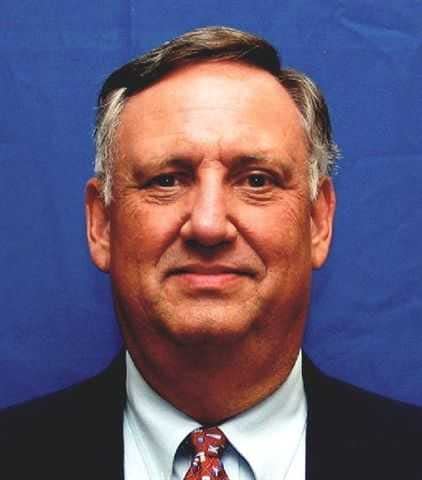Feud between Native American casinos and California card rooms moves to Legislature
When California voters were deciding the fate of two competing sports gambling ballot measures last year — and defeating both after seemingly jillion-dollar campaigns — they were unwittingly passing judgment on three ancillary gambling issues.
Proposition 26, the measure sponsored by American Indian tribes that would given them control of sports wagering, contained three other provisions that drew little media attention. One would allow a few horseracing tracks to take bets on sporting events, a second would have expanded gambling in tribal casinos into roulette and dice games, and a third could have driven the state’s poker parlors out of business.
The third was an effort by the tribes to settle a long-simmering political and legal dispute with the card rooms over which kinds of games the latter could feature. The casino-owning tribes contend that their rivals, with such games as blackjack, have expanded into tribal territory under the state’s very complicated definitions separating legal gambling from illegal forms.
If approved, Prop. 26 would have given the state attorney general new powers to crack down on violations of gambling laws, including the power to close facilities that the AG deemed to be violators, and if the AG refused to act, a private party — such as an tribal casino — could file a civil action itself. Card room operators saw the passage as a death sentence and were relieved when the proposition failed.
However, it was not the end of the long-running gambling turf war, and hostilities are being resumed in the state Legislature in the form of a bill that would allow tribes to do what voters didn’t approve last year: file civil actions against the rival card rooms.
Senate Bill 549 began as a measure dealing with education when it passed the Senate, but in June its author, Sen. Josh Newman, a Democrat from Fullerton, stripped out its language and substituted verbiage lifted almost word for word from Prop. 26, giving tribes a three-month window next year to take legal action against their rivals.
Both sides are gearing up for war when the Legislature reconvenes this week. The tribes have a bottomless pit of political money and have long established themselves as a major interest group in the Capitol. But, the family that owns a large card room in Hawaiian Gardens, a tiny city — just one square mile — in Los Angeles County, has committed $5-plus million just this year to lobbying against SB 549.
Hawaiian Gardens is located just a few blocks from the boundary of Newman’s district and taxes on the Gardens Casino, one of the state’s largest card rooms, provides more than two-thirds of the otherwise impoverished city’s revenue.
This isn’t the first time the casino has been embroiled in a political battle.
The casino’s late founder, Dr. Irving Moskowitz, was a major financier for settlements in territory claimed by both Israelis and Palestinians. As I wrote in a Sacramento Bee column 23 years ago, Moskowitz’s actions in Israel were supported by the nation’s hardliners but drew criticism from moderates and the conflict found its way into the Legislature over allegations that the city of Hawaiian Gardens had improperly used redevelopment funds to underwrite construction of the casino.
Moskowitz died in 2016 but three years later the casino, now managed by his son, paid $3.15 million to settle allegations from the California attorney general’s office that it had concealed a $2.8 million federal penalty for violating anti-money laundering laws when applying for a new state license.
The casino was allowed to continue operations, but its owners now see SB 549 as an existential threat to themselves and other card room owners.

CalMatters is a public interest journalism venture committed to explaining how California's state Capitol works and why it matters.
This article originally appeared on Ventura County Star: Feud between Native American casinos and card rooms reaches Legislature
